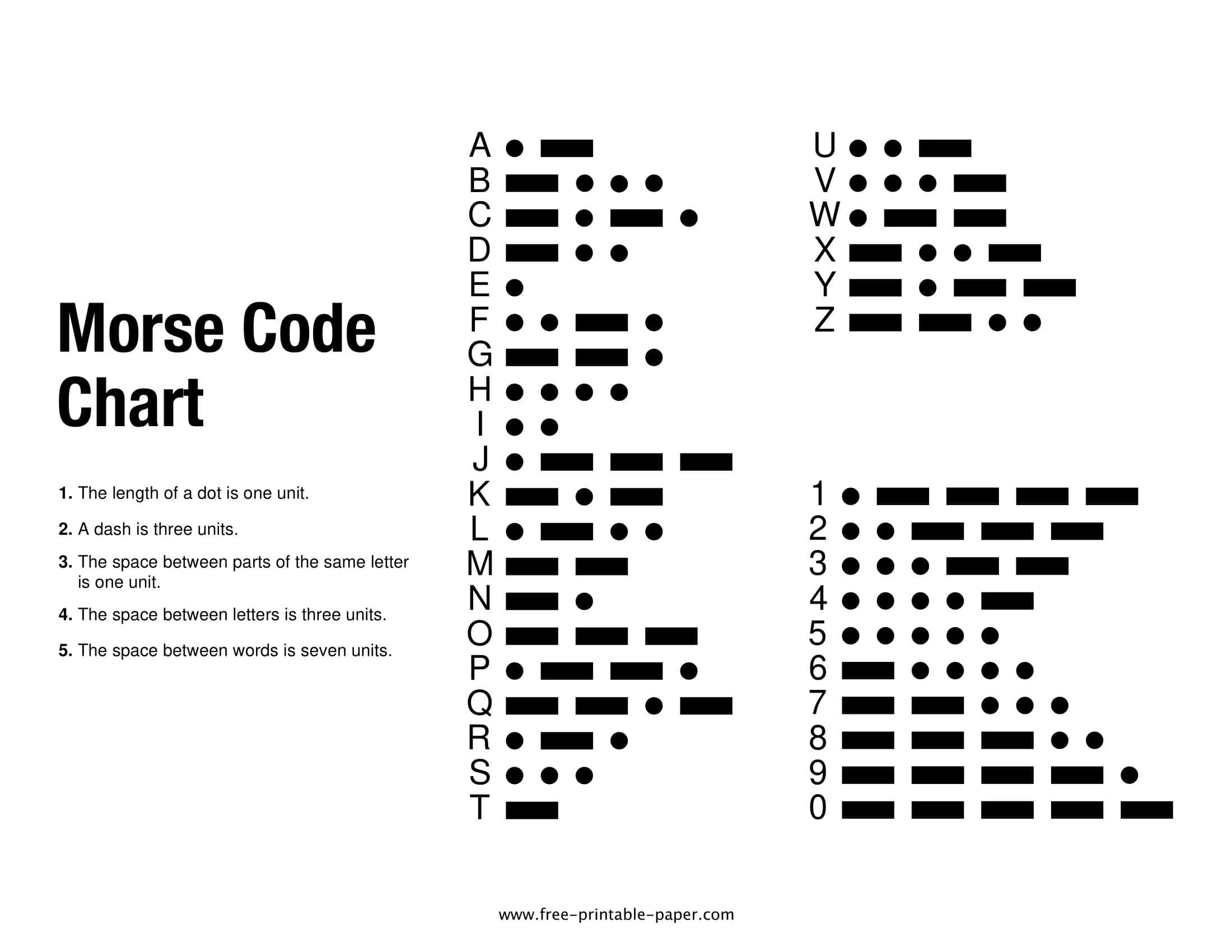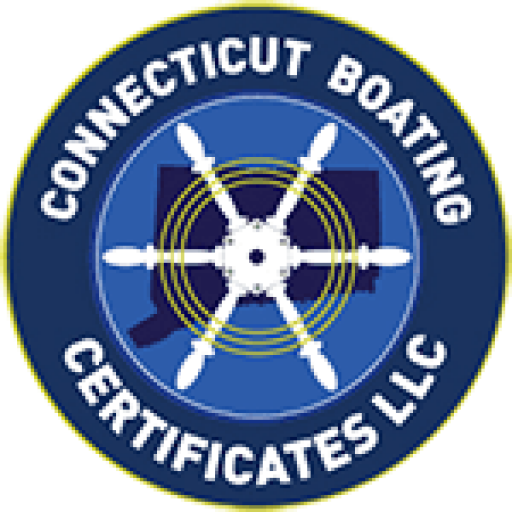Call: 1-800-832-7191
Learning Morse Code

Learning Morse Code: A Timeless Skill for Modern Communicators
Learning Morse Code offers a unique way to connect across distances using sound, light, or radio signals. This historic communication method, developed in the 1830s, remains relevant today. Emergency responders, amateur radio operators, and maritime professionals still rely on Morse Code for backup communication.
Although technology has evolved, Morse Code continues to serve as a reliable and versatile tool. Many people enjoy learning it for fun, preparedness, or historical interest. With consistent practice, anyone can master its rhythm and meaning.
Why Learn it?
Learning Morse Code builds mental agility and sharpens listening skills. It also enhances your understanding of communication systems. While modern devices dominate, Morse Code remains useful in low-bandwidth or emergency situations. For example, flashing a light or tapping a surface can transmit messages when other methods fail.
Additionally, Morse Code is popular among amateur radio enthusiasts. It allows operators to communicate over long distances using minimal power. This efficiency makes it ideal for remote areas and survival scenarios. Many hobbyists find the challenge rewarding and intellectually stimulating.
Getting Started
Start by memorizing the Morse Code alphabet. Each letter and number has a unique combination of dots and dashes. Begin with simple letters like E (.) and T (-), then progress to more complex ones. Flashcards, apps, and printable charts can help reinforce your memory.
Practice daily using short sessions. Focus on listening to Morse Code rather than just reading it. This approach improves recognition and speed. Many learners use audio files or online generators to simulate real-world conditions. Over time, your brain will automatically associate sounds with letters.
Explore interactive tools like CWops Morse Trainer to accelerate your progress. These resources offer structured lessons and feedback to help you improve.
Learning Morse Code for Boating and Emergency Use
Learning Morse Code is especially valuable for boaters and emergency personnel. In maritime settings, Morse Code can be transmitted using lights, horns, or radio signals. The SOS signal (··· — ···) remains universally recognized and effective in distress situations.
Knowing Morse Code adds a layer of safety and preparedness. It allows you to communicate when voice or digital systems are unavailable. Whether you’re offshore or in a remote area, Morse Code can bridge the gap. Many boating safety courses include basic Morse Code instruction for this reason.
Why Learning Morse Code Still Matters
Learning Morse Code connects you to a rich history of communication. It teaches patience, precision, and problem-solving. While it may seem outdated, Morse Code remains a powerful tool in specific scenarios. From emergency signaling to amateur radio, its applications are diverse and enduring.
Whether you’re a hobbyist, boater, or survivalist, Morse Code offers practical and intellectual benefits. It’s a skill that combines tradition with utility, making it worth learning and preserving.
For more helpful boating and safety information, visit: https://www.connecticutboatingcertificates.com/category/blog/
